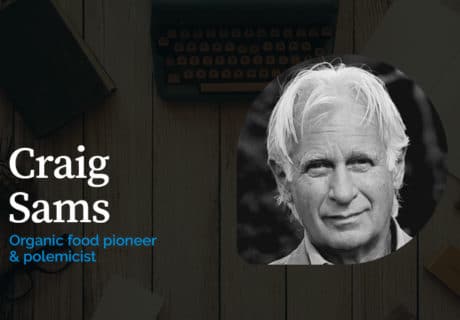The natural and organic community has been giving its verdict on the lab-grown burger created by Dutch scientist Dr Mark Post and presented to the world’s media in London this week.
The burger was created using fibres formed from stem cells extracted from a dead cow. The scientists behind the lab-burger argue that alternatives to conventional meat production will be needed to feed a fast rising global population. With 30% of the Earth’s usable surface covered with pasture land for animals, and just 4% used directly to feed humans, current systems are unsustainable they say.
But the organic charity the Soil Association says that while the new technology is “interesting” it risks existing in isolation from real world concerns. Emma Hockridge, head of policy at the Soil Association said: “It is important to consider the wider issues surrounding such a development, such as the benefits that grazing animals bring to the beauty and sustainability of our countryside, the importance of healthy and sustainable diets and access to food. There are also many simpler solutions to feeding our growing population available to us now including agroecological systems such as organic farming which works with nature to obtain good yields with far lower inputs and producing food with high animal welfare, lower pollution, and with more wildlife and jobs on farms. It is unlikely that lab grown meat would ever replace meat production in the UK and there is still a long way to go before these products are anywhere near, if ever, being commercially viable.”
“It is important to consider the wider issues surrounding such a development, such as the benefits that grazing animals bring to the beauty and sustainability of our countryside”
The food writer and organic supporter Joanna Blythman was more blunt. The whole idea of lab-cultured ‘meat’ was “stomach churning” she wrote in the Daily Mail. “At the very time there is mounting public concern about the risks of ultra-commercialised fake foods, as reflected in the recent horsemeat scandal, this Dutch offering is the ultimate in dodgy produce. It bears no more relationship to real meat than Perspex does to real glass, or nylon does to cotton. At least the notorious supermarket horse-burgers actually came from an animal.”
Blytham added that the claims being made for artificial meat’s sustainability used the same “wildly optimistic language” GM proponents had used when they first promised “an era of plenty and green husbandry”.
But some animal welfare groups have broadly welcomed the development. In a statement, animal welfare campaigners People for the Ethical Treatment of Animals (Peta) said: “[Lab-grown meat] will spell the end of lorries full of cows and chickens, abattoirs and factory farming. It will reduce carbon emissions, conserve water and make the food supply safer.”




